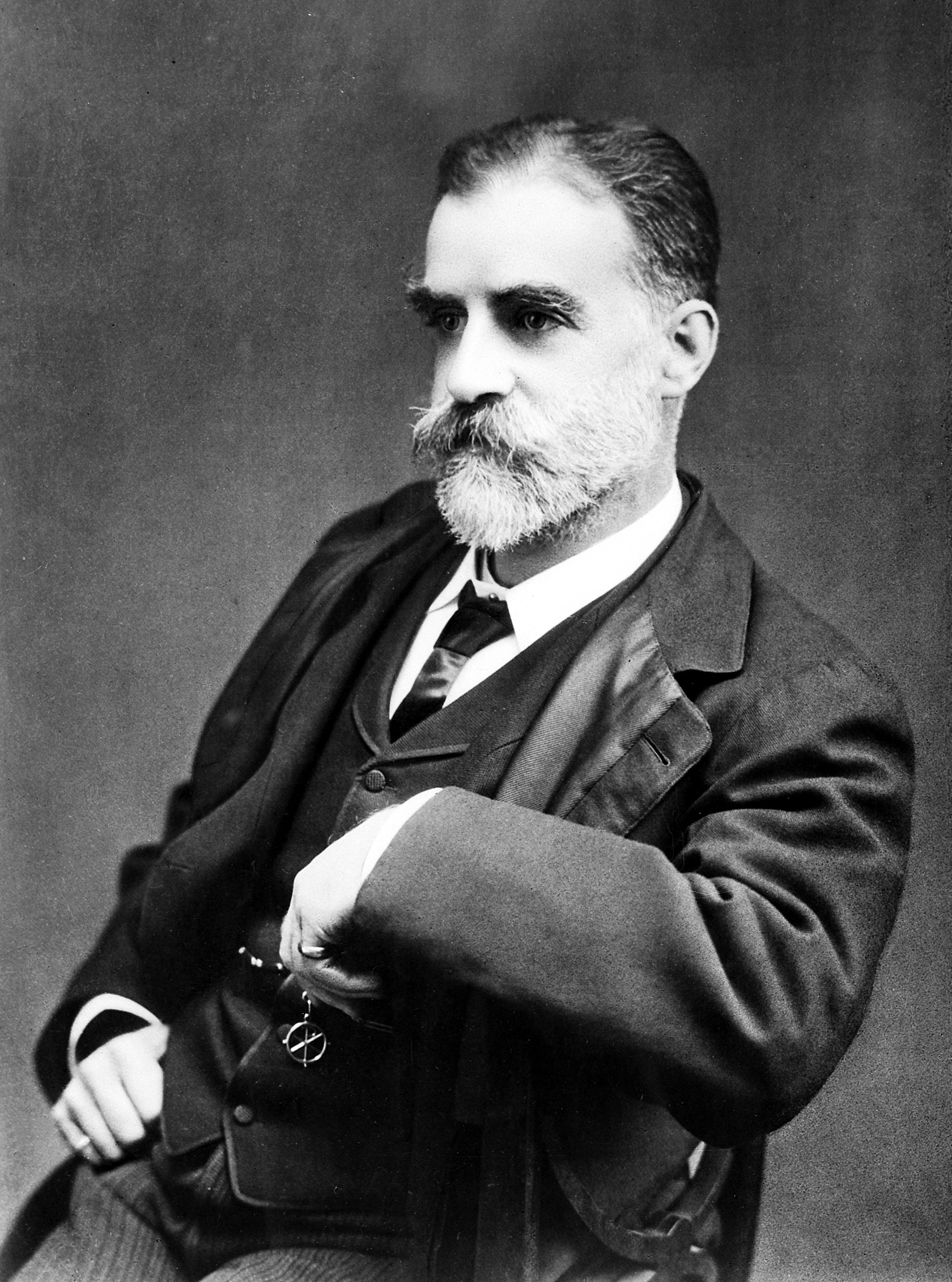Richard Thorne Thorne on:
[Wikipedia]
[Google]
[Amazon]
 Sir Richard Thorne Thorne (13 October 1841 – 18 December 1899) was a British physician, the fourth
Sir Richard Thorne Thorne (13 October 1841 – 18 December 1899) was a British physician, the fourth
 Sir Richard Thorne Thorne (13 October 1841 – 18 December 1899) was a British physician, the fourth
Sir Richard Thorne Thorne (13 October 1841 – 18 December 1899) was a British physician, the fourth Chief Medical Officer
Chief medical officer (CMO) is the title used in many countries for the senior government official designated head of medical services, sometimes at the national level. The post is held by a physician who serves to advise and lead a team of medical ...
in the United Kingdom
The United Kingdom of Great Britain and Northern Ireland, commonly known as the United Kingdom (UK) or Britain, is a country in Europe, off the north-western coast of the continental mainland. It comprises England, Scotland, Wales and North ...
.
He was born the son of a banker in Leamington Spa, Warwickshire
Warwickshire (; abbreviated Warks) is a county in the West Midlands region of England. The county town is Warwick, and the largest town is Nuneaton. The county is famous for being the birthplace of William Shakespeare at Stratford-upon-Avon an ...
and was educated at Neuwied
Neuwied () is a town in the north of the German state of Rhineland-Palatinate, capital of the District of Neuwied. Neuwied lies on the east bank of the Rhine, 12 km northwest of Koblenz, on the railway from Frankfurt am Main to Cologne. Th ...
in Prussia
Prussia, , Old Prussian: ''Prūsa'' or ''Prūsija'' was a German state on the southeast coast of the Baltic Sea. It formed the German Empire under Prussian rule when it united the German states in 1871. It was ''de facto'' dissolved by an em ...
and at a Paris lyceé. He received his medical training at St Bartholomew's Hospital
St Bartholomew's Hospital, commonly known as Barts, is a teaching hospital located in the City of London. It was founded in 1123 and is currently run by Barts Health NHS Trust.
History
Early history
Barts was founded in 1123 by Rahere (died ...
, where he qualified in 1863. He graduated from London University
The University of London (UoL; abbreviated as Lond or more rarely Londin in post-nominals) is a federal public research university located in London, England, United Kingdom. The university was established by royal charter in 1836 as a degree- ...
in 1866 and was elected physician to the Royal Hospital for Diseases of the Chest.
He worked for John Simon as an inspector investigating outbreaks of typhoid fever
Typhoid fever, also known as typhoid, is a disease caused by '' Salmonella'' serotype Typhi bacteria. Symptoms vary from mild to severe, and usually begin six to 30 days after exposure. Often there is a gradual onset of a high fever over several ...
. He succeeded George Buchanan
George Buchanan ( gd, Seòras Bochanan; February 1506 – 28 September 1582) was a Scottish historian and humanist scholar. According to historian Keith Brown, Buchanan was "the most profound intellectual sixteenth century Scotland produced." ...
as Chief Medical Officer for the UK in 1892 and was awarded CB the same year. He served as President of the Epidemiological Society
The Epidemiological Society of London, also known as the Royal Society of Medicine's Epidemiological Society, was founded in London in 1850 with the objective of investigating the causes and conditions which influence the origin, propagation, m ...
from 1887 to 1889.
He spoke fluent French and successfully negotiated a number of international agreements on quarantine
A quarantine is a restriction on the movement of people, animals and goods which is intended to prevent the spread of disease or pests. It is often used in connection to disease and illness, preventing the movement of those who may have been ...
. He was knighted KCB in 1897 and elected a Fellow of the Royal Society
The Royal Society, formally The Royal Society of London for Improving Natural Knowledge, is a learned society and the United Kingdom's national academy of sciences. The society fulfils a number of roles: promoting science and its benefits, re ...
in 1890.
After his death he was buried at St John's, Woking
Woking ( ) is a town and borough status in the United Kingdom, borough in northwest Surrey, England, around from central London. It appears in Domesday Book as ''Wochinges'' and its name probably derives from that of a Anglo-Saxon settlement o ...
. His Times
Time is the continued sequence of existence and events, and a fundamental quantity of measuring systems.
Time or times may also refer to:
Temporal measurement
* Time in physics, defined by its measurement
* Time standard, civil time specific ...
obituary stated "The public has been deprived of an official of great tact, knowledge and experience."''Sir Richard Thorne Thorne''The Times ''The Times'' is a British daily national newspaper based in London. It began in 1785 under the title ''The Daily Universal Register'', adopting its current name on 1 January 1788. ''The Times'' and its sister paper ''The Sunday Times'' (fou ...(London, England), Tuesday, Dec 19, 1899; pg. 6; Issue 36016
References
*External links
* {{DEFAULTSORT:Thorne Thorne, Richard 1841 births 1899 deaths People from Leamington Spa 19th-century English medical doctors Chief Medical Officers for England Fellows of the Royal Society Knights Commander of the Order of the Bath